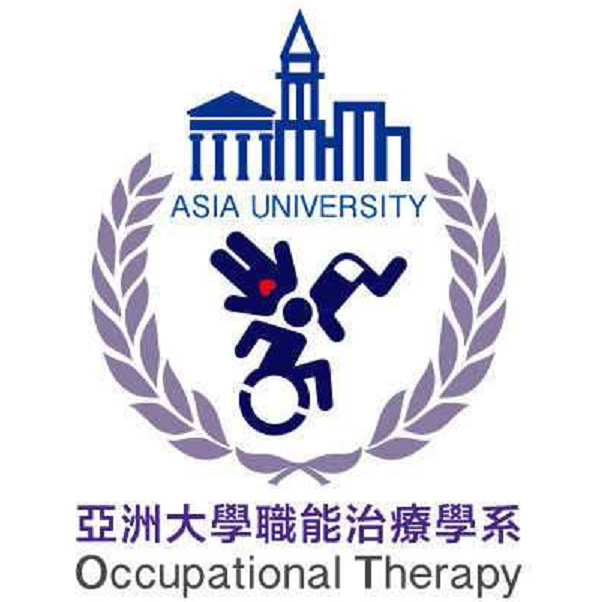|
|
AU is among the top-10 universities in Taiwan after being ranked the 113th in the 2020 Times Higher Education (THE) Emerging Economies Ranking.
|
On February 19, the UK Times Higher Education (THE) report announced that 535 universities across 47 countries worldwide enter the list of 2020 Emerging Economies Ranking. According to the ranking list, a total of 15 universities in Taiwan are within the top-200 universities ranking, in which Asia University (AU) is ranked No. 113 in the world. Among 15 universities of Taiwan in the top 200, AU is ranked No. 10 in Taiwan, No. 3 of the private universities, and No. 1 of the non-medical private universities in the ranking list, respectively. This year, AU has moved up 69 places to the 113th in the ranking globally, showing that AU marks the biggest improvement compared with the other universities in Taiwan. AU is a visionary, pioneering, and fast-growing school. As evidenced by the 2020 Emerging Economies Ranking reported by the THE, AU shows growth in almost all categories analyzed in the ranking. The most significant advancements are observed in the categories of research and international outlook, with 50% and 30% of improvements, respectively. A recent investigation by the Cheers Magazine also indicated that AU has achieved a significant growth in international recognition, leading to its excellence among the top-10 universities in Taiwan. As a consequence, it has attracted 1,056 international students to study at AU this year. The current development status of AU focuses on academic researches and international partnerships on a university-wide level. In 2018, AU established the Artificial Intelligence College, which is aimed to promote construction of a smart campus and artificial intelligence education. “With professors and students' great research excellence in AI, AU has won numerous awards, including four National Innovation Awards,” said Prof. Jeffrey J. P. Tsai, the President of AU. This year, AU launched a new AI scholarship program for the incoming freshmen to provide scholarships and language-coding trainings, specifically in the field of AI. Also, AU President Tsai emphasized that the students receiving the AI scholarships could be given the top priority in taking computer programming courses to boost a strong foundation for the future learning. However, it is also important to establish social responsibility efforts on a university-wide level. AU set up the Center for University Social Responsibility (hereinafter referred to as USR center) that combines internal information and knowledge sources with external partners' resources, and encourages the faculty members and students at AU to form transdisciplinary teams and serve as “think tanks” to solve the society’s problems and issues. For example, Prof. Chao-Neng Wang, a professor of the Department of Bioinformatics and Medical Engineering at AU, constructed an AIoT smart aquaculture management system with the Industrial Technology Research Institute, which helps improve the overall quality of management decisions made by fishermen in Tainan, Taiwan. As another example, Prof. Yu-Cheng Chiang of the Department of Food Nutrition and Health Biotechnology at AU worked together with Delta Electronics, Inc, to design semiconductor-based temperature sensors for food-quality monitoring. Also, there are 15 successful examples of university social responsible operations conducted by AU along with the Asia University Hospital in this year. Prof. Wei-Chih Shen, a professor of the Department of Computer Science and Information Engineering at AU, combined the AI technology with myocardial perfusion imaging to develop a tool that can reduce the diagnostic time from 50 minutes to one. Another specific diagnostic domain for the application of AI is the smart dialysis system developed by Prof. Wang, which allows to customize the dialysis prescription for patients with kidney diseases and helps physicians provide better clinical decisions. These studies potentially have significant influences on the physicians’ workloads.
|

